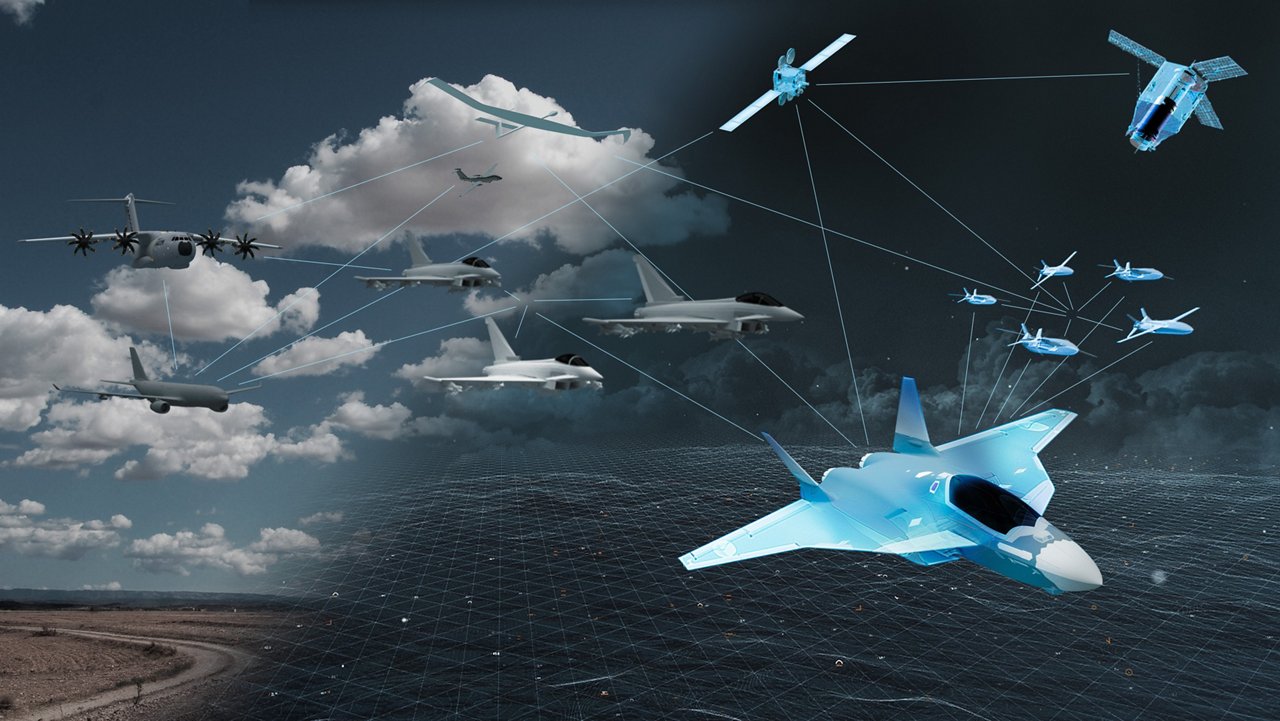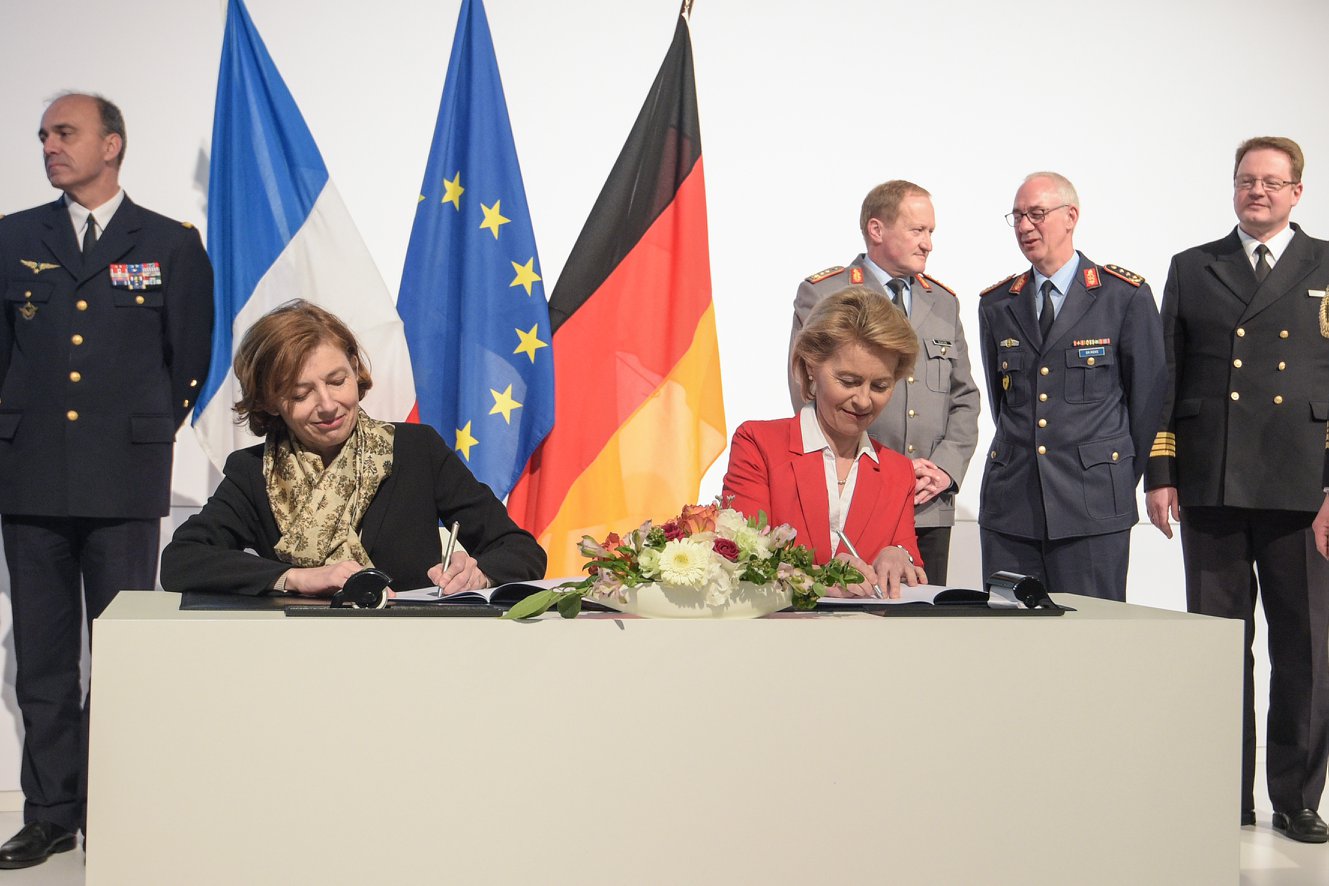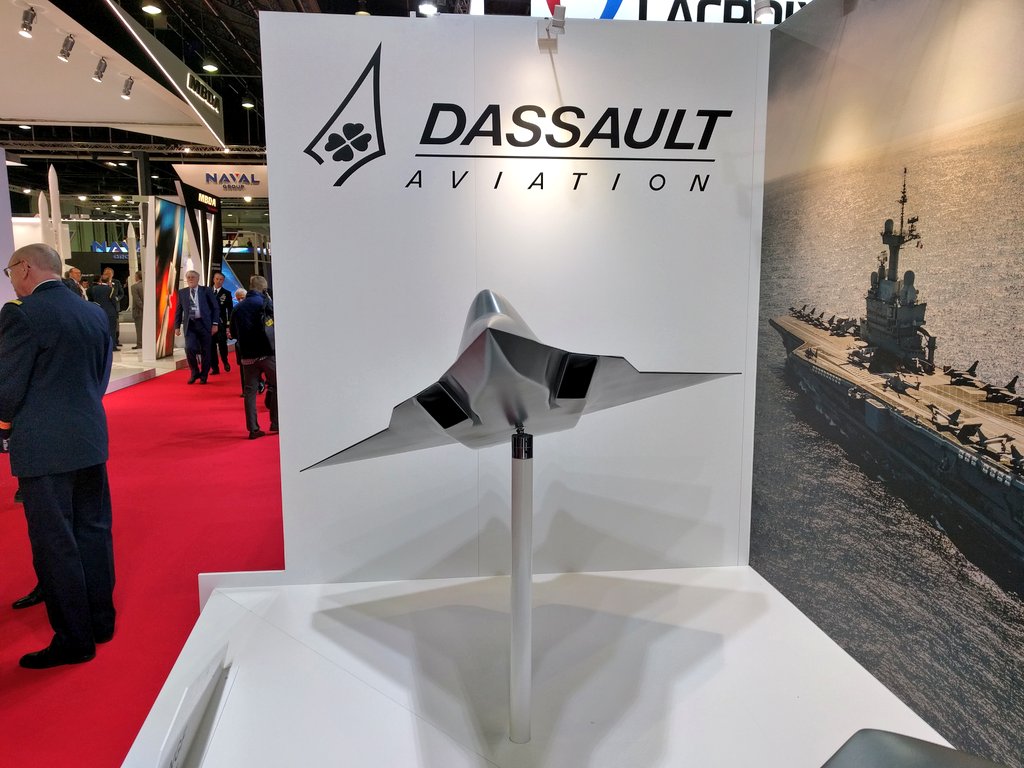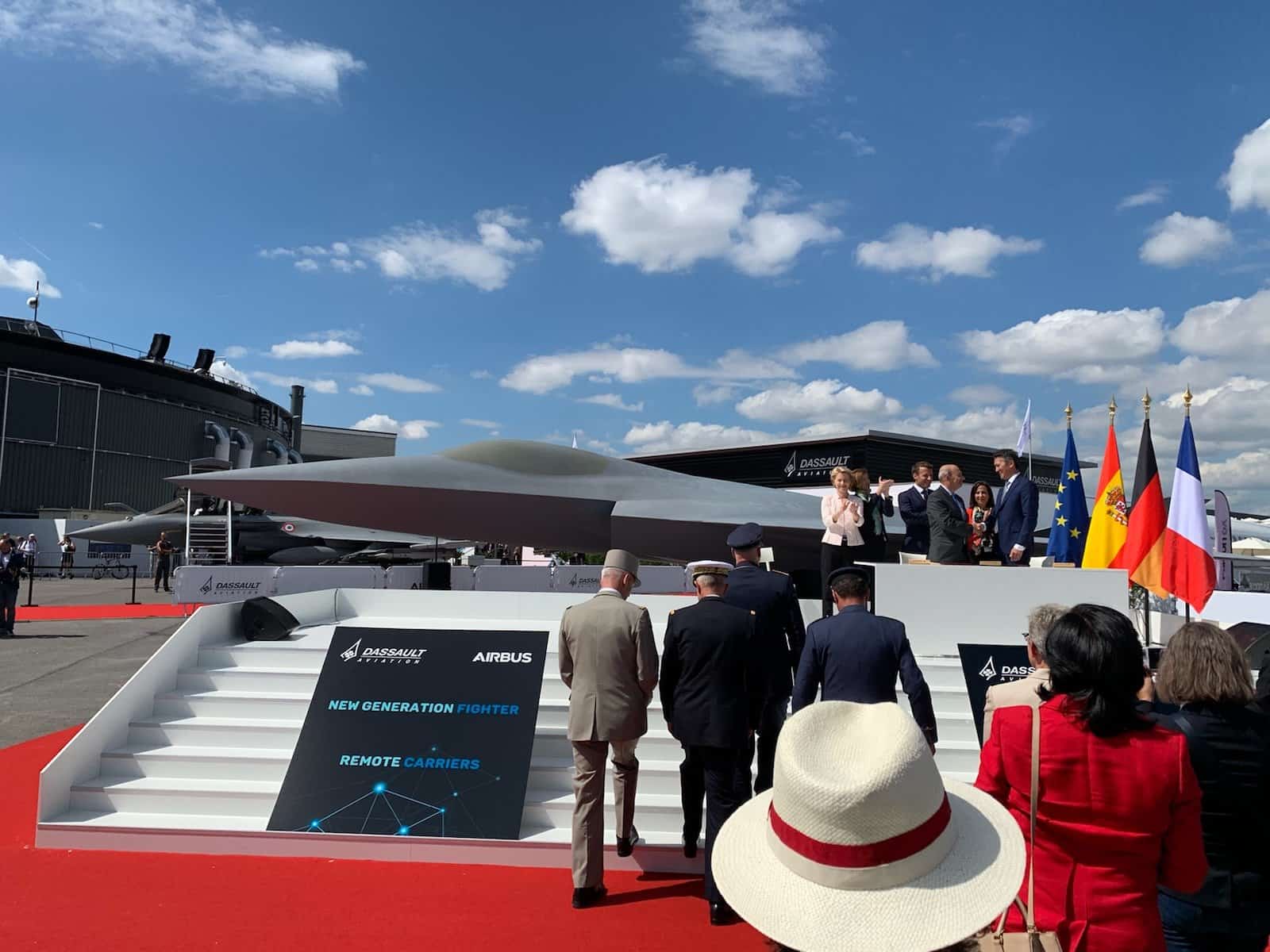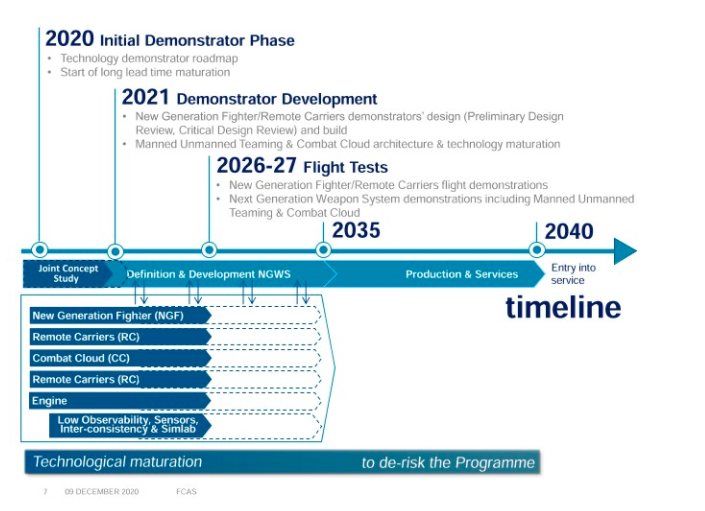Why a Franco-German fighter is a very bad idea?
"Last month, France and Germany signed a €65 million ($74 million) contract covering the first two years of a planned binational fighter under the Future Combat Air System (FCAS) program. This represents a departure from the historical pattern—for the past half century, Germany has worked with Britain and other countries on combat aircraft, while France has gone its own way. But this time, the UK’s EU Brexit has inspired the two countries to try a different, joint path.
Superficially, this makes sense. Germany and France are the core Airbus countries, and the two countries’ militaries constitute the largest fighter markets in Europe, outside of the UK. France has the most capable military industry on the continent. Yet there are also several flaws with this joint project, flaws serious enough to kill the aircraft before it gets off the ground.
The first problem is a misalignment in foreign policies and arms-sales practices. Germany is concerned about who buys and uses its weapons. In February, BAE Systems announced that a second Eurofighter sale to Saudi Arabia was at risk because of a German arms embargo, imposed due to the Saudi war in Yemen.
Germany also is blocking exports of the Airbus A330-Multirole Tanker Transport, C-295 transport and H145 helicopter. Outgoing Airbus CEO Tom Enders told
La Tribune, “It has made us crazy for years at Airbus that the German side gives itself the right to block the sale, say, of a French helicopter while only a tiny German piece has entered its manufacture.”
This foreign policy difference matters to BAE and the UK, but it is far more important to France and Dassault. The French military aerospace industry is heavily dependent on exports, largely because its domestic market is not that large. The Mirage III/V, Mirage F1 and Mirage 2000 programs each relied on exports for 65% of their orders. The pan-European Tornado had only one export customer, while the Eurofighter
orderbook is only 24% export customers.
The export customers for these French jets also indicate a big difference. The biggest single Mirage F1 customer was Saddam Hussein’s Iraq. Apartheid-era South Africa and Muammar Qaddafi’s Libya were also notable customers. Post-Arab Spring Egypt was the first Rafale export customer. It is highly unlikely that Germany would permit arms exports to these governments.
The second problem with a Franco-German fighter is that French industry is dominant. Dassault has been given the lead role for the airframe, and the company’s cooperation with Airbus has never been good, to say the least. Safran can and will lead on the engine, and it is not clear what share it will need to give to MTU. Thales will unquestionably be the prime on the radar, electronic warfare system and other avionics; here again, it is not clear what will be left for German industry.
In the early 1980s, France was offered a spot as the fifth Eurofighter partner. The country requested a 46% workshare, which of course was not tenable.
In short, will Germany be given sufficient incentive to stay with the FCAS? If it will only have, say, a 25% workshare, why would it contribute a meaningful percentage of the nonrecurring expenses? And if that contribution is small, why would France want to complicate its exports by including Germany?
These two problems may be irresolvable. But Europe needs to get its act together on a future military aircraft. As the graph indicates, current programs are running out of orders. The Saab Gripen and Rafale are good for the next decade, but the Eurofighter and A400M will end production by the mid-to-late 2020s. Teal Group projects European military aircraft output to fall by more than 60% over the next 10 years. The impact on the continent’s defense industry could be very damaging unless work begins on new programs.
The way out of this problem may be simple. Perhaps it's best to view the FCAS is as a kneejerk response to the political nightmare that is Brexit. Once the dust settles over Brexit in a few years, history can resume its normal course: Germany can join the UK and BAE on its Tempest concept fighter, perhaps joined by Italy and Sweden. As for France, it has historically done well by going its own way. "


